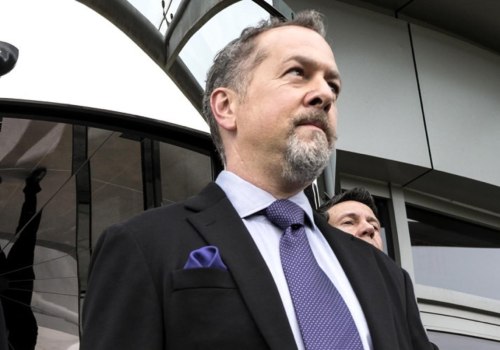As a chief of staff, it is essential to have strategies in place to guarantee that projects are completed on time and within budget. To ensure success, it is important to be aware of your team's strengths and weaknesses, document the scope of the project before beginning, set realistic goals, and create a budget based on a clear strategy. Additionally, it is beneficial to use historical data as a reference when budgeting, create a roadmap for evaluating performance, and keep your team informed of the project's budget forecast. By following these six tips, you can become an effective manager and advance your career. The first step in successful project management is to understand your team's capabilities and limitations.
This will help you determine which tasks should be assigned to which team members and ensure that the project is completed efficiently. It is also important to document the scope of the project before starting. This will help you set realistic goals within reasonable time frames and create a budget that accurately reflects the resources needed for the project. When creating a budget, it is important to have a clear strategy in mind. With a list of possible project costs in hand, you can begin estimating the cost of the entire project.
It is also important to remember that you may not be able to make changes to the budget unless the scope of the project or the project schedule changes due to the needs of the company. Therefore, it is essential to prepare your budget taking into account your organization's mission and a detailed set of results. Project estimation is an iterative process that will undergo several refinements over the life of the project. It is important to take into account all possible costs associated with the project, including those that may not be immediately apparent. For example, there may be hidden costs associated with certain tasks or resources that you may not know about until later in the project.
Therefore, it is important to use historical data as a reference when budgeting. Once you have created your budget, it is important to create a roadmap for evaluating performance once the fiscal year begins. This will help you track and control your expenses throughout the project. Additionally, it is important to keep your team informed of the project's budget forecast in order to promote accountability and productivity. By following these six strategies, you can become an effective manager and advance your career. Knowing your team's strengths and weaknesses, documenting the scope of the project before starting, setting realistic goals within reasonable time frames, creating a budget based on a clear strategy, using historical data as a reference when budgeting, and creating a roadmap for evaluating performance are all essential components of successful project management.











